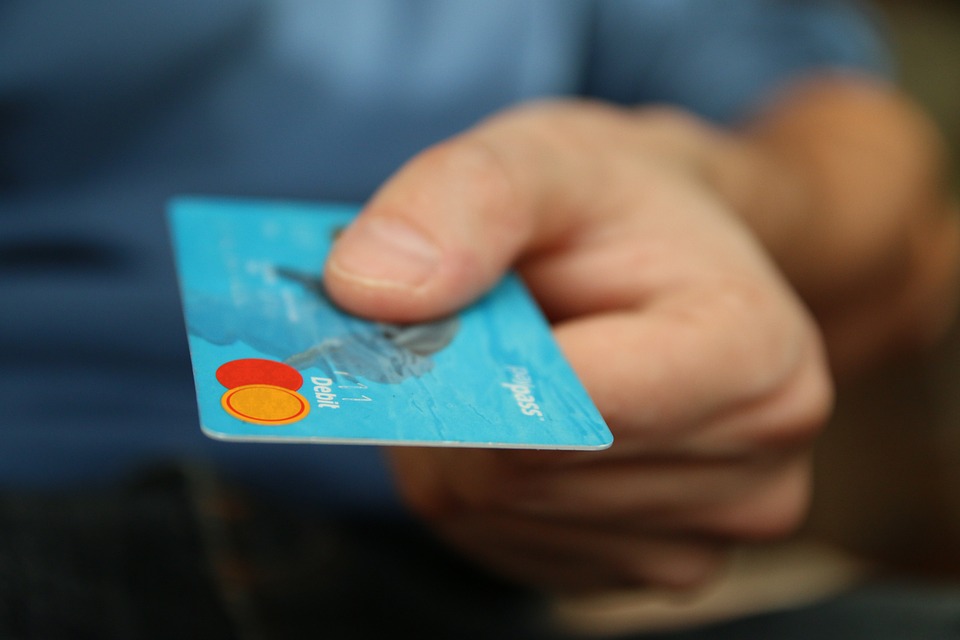
26 Aug What happens to credit card debt when we get a divorce?
Photo: pixabay.comQ. Hello. My husband and I are getting a divorce. We have about $10,000 in credit card debt on cards that are in my name alone. I handle the buying and bill paying and it was for house stuff, not clothes shopping or anything like that. Do I have to own this debt alone? What can I do?
— Unsure
A. We’re sorry to hear about your divorce.
This is a common concern for divorcing couples who have kept their bank accounts and credit cards separate while married.
Often, the marital expenses get divided up and the couple will pay for them separately from their own bank accounts, said Amber Leach, a certified divorce financial analyst with Equitable Advisors/R.I.C.H. Planning Group in Morristown.
“One spouse may pay the mortgage while the other spouse will pay for all the incidentals,” she said. “Even though they are married they feel more comfortable keeping the accounts separate and using a divide and conquer approach to paying bills.”
The titling of the assets may not exempt the accounts from equitable distribution, Leach said.
She said equitable distribution is where the parties look at each asset and liability and decide what the division will be — basically who gets what.
All assets and liabilities accumulated during the marriage can be included in equitable distribution, regardless of the titling of the asset, Leach said.
“The exceptions to this are gifts, inheritance and any premarital assets that have been kept completely separate from the marriage.” Completely separate is the key here, meaning no comingling of funds,” she said. “You can’t deposit an inheritance into a joint account which you use to pay for marital expenses and expect it to be separate.”
Your concern is that you have accounts and credit card debt that have accumulated under your name during the marriage that was used to pay for marital expenses.
Even though they are titled in your name alone they can be included in equitable distribution, Leach said.
“This debt will be part of equitable distribution and during the divorce process you can decide how to divide that debt between you and your ex-spouse,” she said. “You should consult with your own qualified legal advisor before considering any course of action.”
Email your questions to Ask@NJMoneyHelp.com.
This story was originally published on Aug. 26, 2022.
NJMoneyHelp.com presents certain general financial planning principles and advice, but should never be viewed as a substitute for obtaining advice from a personal professional advisor who understands your unique individual circumstances.

